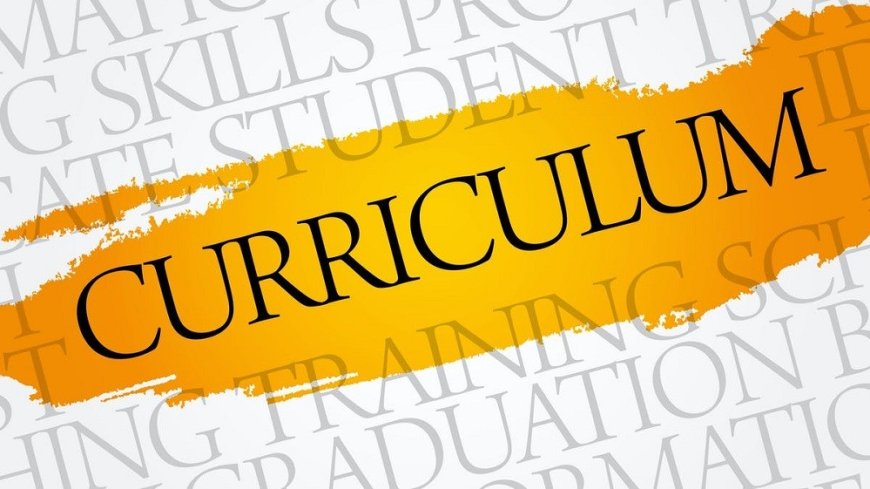How to make a curriculum in English and what it is for
It is not just about translating, but the structure of the English in curriculum is also different. How to make a curriculum in English and

It is not just about translating, but the structure of the English in curriculum is also different.
Why is it useful to have a curriculum in English?
The answer is obvious if we are looking for work abroad, but, even if it is not like that, having it is always useful for what may happen; especially to attach to our social media profiles like LinkedIn.
Having a title is not only useful to find work in our own country. One of the greatest advantages of being able to have our university degree in electronic format is that we can send it to any part of the world without any risk and without going through the notary, and that will be tremendously advantageous in our job search.
For this reason, being able to have a title and the curriculum in English opens up a range of possibilities that we should not overlook.
It is not worth translating
It is not about doing exactly the same curriculum but translated into English and much less if we do it with the Google translator. You must take care of grammar, spelling and use the appropriate technical terminology for our branch.
Unless we are bilingual or have a C1 at least, it is recommended that, once the curriculum is written in English, we ask someone who is expert to correct it and guide us.
The structure and the contents are not the same either and, therefore, it is not enough just to translate even if the correction is excellent.
Let's see the sections of must carry a curriculum in English:
- Personal details
To avoid discrimination, British and American laws do not consider it mandatory or advisable to include data such as ID, marital status, age, religion professed or any other aspect that is not essential and that may lead to the recruiter you get a preconceived idea of ‹‹the applicant based on your own biases and not on worth or knowledge. In fact, it is best not to put a photo, unless we opt for a position in which the physical is relevant.
Must Read: 7 easy tips to protect ourselves from phishing
Therefore, this section is reduced to name and surname, contact telephone number and email. The address can also be entered if we want or if the company requests it as a requirement (for example, if you are looking for workers who live nearby).
- Profile
In a small paragraph (in these resumes it is not necessary to extend too much) of about six lines at most we must summarize our professional profile, our experience and training, talking about our objectives, interests and strengths. It is a summary, a small presentation, because in the next section (Experience) we are going to explain it more.
- Professional experience (Experience)
It is advisable to order it from the most recent to the oldest and without forgetting the dates on which we were developing each work activity.
If we do not have work experience, we can skip this section and move on to the next.
- Education
Here we talk about either university training and non-university courses or training. You have to put everything with their dates and explain if we have any important mention or honors.
- Skills
This section should summarize our skills (hard and soft) and how we have acquired them.
It is also good to talk here about technological, linguistic (graduated languages), leadership, etc.
- Other information
In this section we will put if we have volunteered (something that is highly valued), if we have a driver's license and what type, if we have our own vehicle, if we have availability to travel and the references that we can provide. Letters of recommendation from other companies are always a big point in our favor.
What is the use of a CV in English if I don't want to work abroad?
Not everyone wants to go to work abroad and we may think that having a curriculum in English is not useful in that case. Could not be farther from the truth. Although we do not want to leave, there are many foreign companies that will come, so demonstrating our interest and our linguistic skills by sending the curriculum in English will surely make them consider us as candidates.
In addition, globalization means that many companies have headquarters in several countries and want to share the profiles of their workers with their other subsidiaries or with the headquarters to make personnel selections. If our curriculum is already in English, we are going to beat our competitors.
